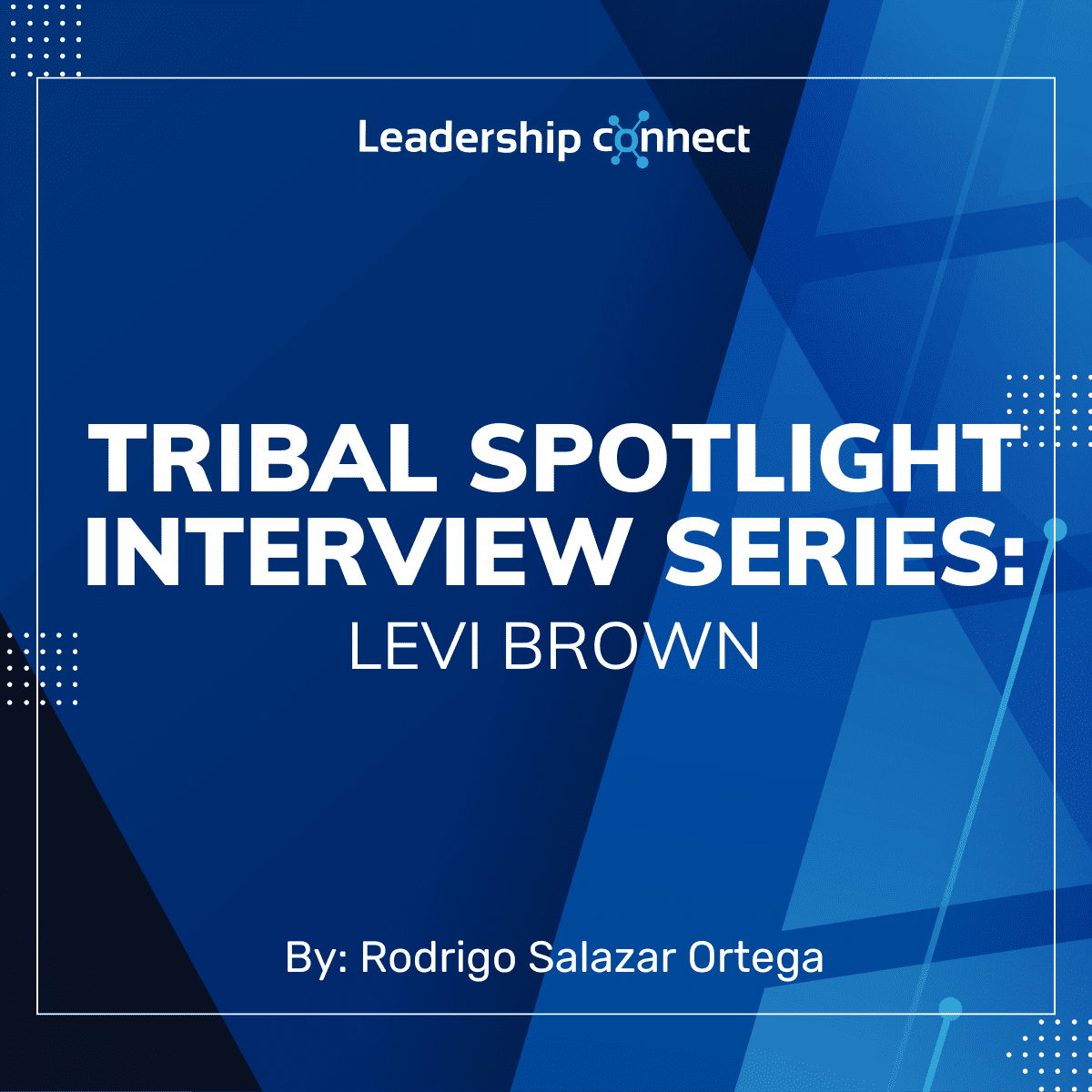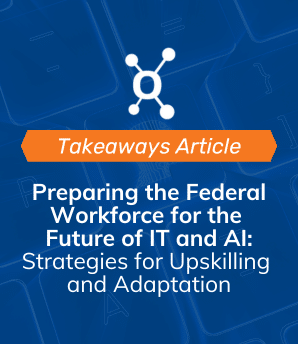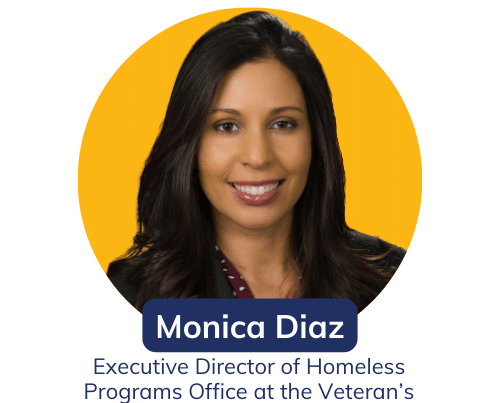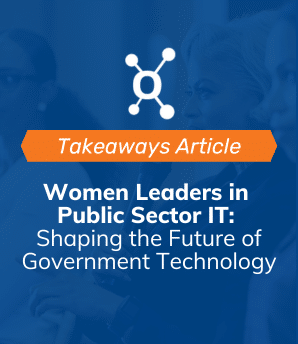I had the great opportunity of speaking with Levi Brown, Director Of Tribal Affairs at Minnesota Department of Transportation.
Can you tell me about your career path that has led you to where you are now?
I started my career as Environmental Land Director for my tribe, the Leech Lake Band of Ojibwe. Early in my career there were a lot of paternalistic views of tribal nations. I watched everyone tell us what to do. I felt like I had to change generational thoughts about sovereignty and wanting tribal nations to be able to determine their own futures. I wanted us to be recognized for our decision-making power. In my role I built a lot of relationships with federal, state and local governments because tribes must work with government and over time shifted more towards opening doors and finding opportunities to partner and share common goals and putting resources to them. I put a lot of effort into intergovernmental alliances and partnerships to change perspectives for collaboration instead of going against each other. Now I have taken my work and amplified it. What are everyone’s goals and how do we achieve them? I will say that what gives me comfort in humanity is that everything I thought meeting with government officials, about 98% of the assumptions I had were wrong. I get to tell the people coming after me how the government side works. In the end we have the same type of goals and conversations. There’s no better way to humanize the conversation than knowing that we have the same issues. Indigenous people have dehumanized for 200 years, we have only been U.S. citizens for the last 100 years. I want to continue to focus on changing social norms.
How did you become passionate about the intersection of tech, government, and tribal communities, and how do you stay informed and engaged in those areas?
I grew up in northern Minnesota, a place the size of Rhode Island, surrounded by acres of woods and lakes. I was raised to be grateful for the life we have. We are humans, we are imperfect beings, we are all different. It has always been a part of me to have empathy, to understand people and my upbringing led me to natural resources. I quickly realized that for the next generation I had to ask myself and those around me, “do you want your kids to have a good life.” I think most people regardless of who they are would say yes. I understood that we were fighting about assumptions and miscommunications. I want to change social norms by getting to know people and understanding different perspectives for the future and the generations that come after us. It all goes back to the 7 generations principles. When you look at a snapshot in time, we are one small moment in time and universe. We are not outside of the natural world; we are living beings who are a part of the world around us. When you look at 7 generations, you want to live in a way that you set a path to preserve the world we live in for the 7 generations ahead because the 7 generations before did that for us.
What do you believe sets Tribal Government Relations apart as a unique work environment, and how do you navigate its challenges in your everyday work?
One of the most unique aspects of working in tribal government relations is that tribal nations are in the U.S. constitution. We get stuck in the moment on the way tribes are represented in today’s news, a movie in Hollywood, or a T.V. show on Hulu. However, for the U.S. flag to be where it is and for America to exist as it is today there were tribal nations. That aspect is unique in building the country that we live in today. When you look at what we have here as a country ruled by law, tribes are sovereign according to the constitution. But we also must live in the now and live in the reality of the cities and governments that are in our territories and operating within state laws. It is unique to work with every government understanding local, state, and federal laws in addition to tribal laws. It is unique to explain to everyone outside tribes what treaties and laws mean within the tribal nations. Most people don’t understand that treaties seeded lands and gave power to the U.S. government to set up industries, cities, and states. Tribes have been doing intergovernmental relations since the beginning of the U.S. government and before those as intertribal relations.
Describe a challenging or rewarding project that significantly influenced your growth as a professional. How did you handle the challenge, and what did you learn from the experience?
One of the things I am most proud of in working in the state of Minnesota is institutionalizing the relationship between state and tribal nations. Having ownership of the relationship flowing through the entire agency through maintenance and cooperation at staff level. You can have the directive from the top but institutionalizing and everyone having ownership of the relationship on both sides is crucial to efficiency. You want people to understand the importance of being partners for effective governance. It leads to problem solving for meeting common goals with states and tribes cooperating instead of spending money to fight in court. I want people to say that we work efficiently and effectively with tribes and that this is the best way to do it. At the Minnesota Department of Transportation, we have a model that can be replicated across the country, and we are sharing that with other departments and training our staff to carry that over. We must continue to work on those relationships, and we have seen our training carry over to other agencies and states. We include state staff across departments and tribal staff to give people a new understanding. We see staff gain new perspectives of tribal nations and be able to apply that to their work at any function. We want that to carry over.
What advice would you give to someone navigating how to bridge the gap between traditional practices and modern governance structures?
For tribal members and citizens getting into the field my advice is to be patient. Tribal government relations is not something you jump into. It took me 20 years to get to this point. If you ask the younger me, I was ready to fight with anyone every day and the key is to be patient and stay positive. Look for opportunities to change social norms and know it is going to be tough. My teachings tell me that people are worthy of respect and collaboration is the way forward. Be strong and speak up to your sovereignty, giving people time to understand and learn. Make room for people to grow their perspectives by collaborating with you.
For non-tribal members I would advise coming into this field with empathy and doing thorough research. Think about the perspective of indigenous people. Would you want someone to tell your story? Tribes have not been able to tell our story for years. I would also say to be patient and look for opportunities, be willing to change your perspective, and be humble enough to say, “I don’t know.”
Word Association, what is the first word that comes to mind for each of there?
- Policy – Guidance
- Networking – Never Stop
- Communications – Listen
- Leadership Connect – Potential






